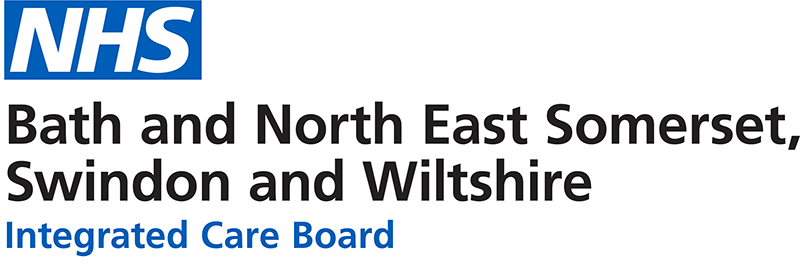Choice is at the heart of what we do. As set out in the NHS constitution, there are a range of choices concerning your health and care that you should expect.
We are committed to ensuring that you know the choices available you, particularly where these are legal rights, and that you have the information you need to make meaningful choices.
These choices include:
-
the right to choose a GP surgery and to be accepted by that practice unless there are reasonable grounds to refuse
-
the right to express a preference for using a particular doctor
-
the right to be involved in all personal healthcare decisions
View the full list of guaranteed choices patients are entitled to within the NHS.
Tools to help you make an informed choice:
The NHS website has a number of resources available to help patients to make the right choice when it comes to care and treatment.
- Health A-Z: See common treatment options for particular conditions
- Hospital and consultant search: Look for a specific hospital or consultant
- NHS e-Referral: Book hospital appointments online
Accessible information
Further information on patient choice in easy-read format:
- Choosing doctors (pdf, 664KB)
- Choosing where to go for health tests (pdf, 665KB)
- Choosing a hospital (pdf, 691KB)
- Changing a hospital (pdf, 800KB)
The full suite of easy-read leaflets can be found on the GOV.UK website.
